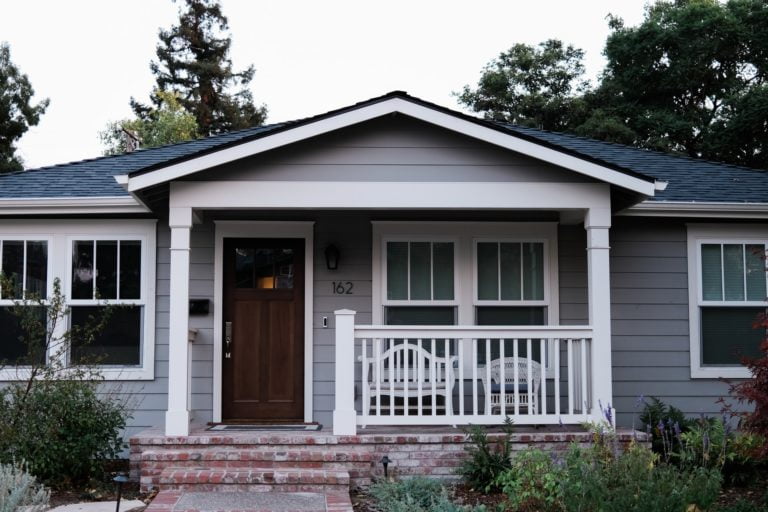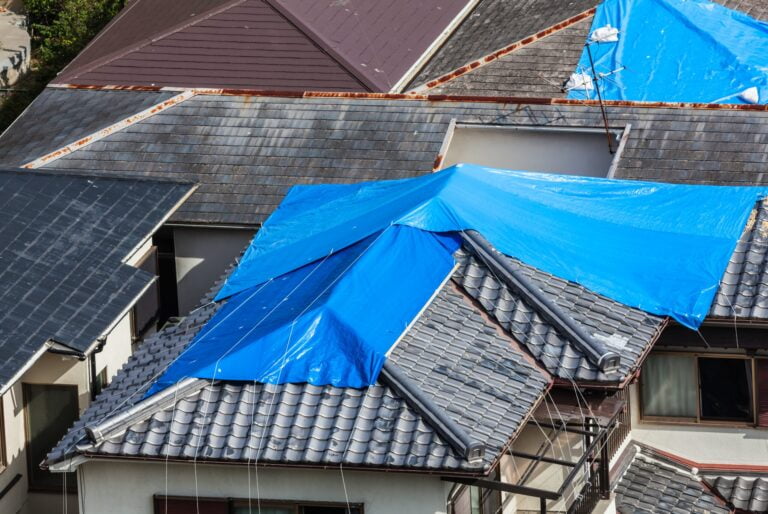Buying a house is an incredibly exciting time. You are starting the next chapter of your life and expanding your horizons. Before you can pick out paint colors and rip out the old carpet, you need to make sure your home is protected. This is where homeowners insurance comes in. Follow this guide to make sure you pay a fair price for your homeowner insurance policy while getting the coverage you need.
Know what your insurance covers
As you start the home insurance compare process, it helps to know what your policy contains. Most home insurance quotes have standard coverage levels for customers. While there are add-ons that you can look into depending on how much coverage you need, your base policy should have the following types of coverage:
- Property damage: this covers any repairs from damages caused by natural disasters and other accidents. (Like a tree falling on your roof.)
- Personal belongings: this replaces items in your house. (Like a ruined TV and sofa after a flood.)
- Liability coverage: this protects you in the event that someone is injured in your home. (Like a neighbor slipping on your icy sidewalk.)
- Replacement cost: this is the estimate of a full replacement of your home in the event that it is completely destroyed.
By keeping all of these coverage options under one homeowners insurance policy, you don’t have to worry about filing one claim for your personal property and another for the structure of your house. You can also work with one insurer for everything.
Understand the unique needs in your area
Homeowners insurance policies vary significantly by state and city. Just because you paid a certain amount where you used to live doesn’t mean you can expect a similar homeowners insurance quote in your new home.
Evaluate the risk factors in your area to understand what could potentially drive up your costs. For example, residents of Florida and Louisiana often have higher homeowners insurance premiums because of hurricanes. Insurers of California residents are concerned about wildfires. The north is concerned with snow. The higher the perceived risk of living in an area, the more your home insurance quote will be.
Additionally, you made need supplemental insurance in some areas. Homes on the beach often need flood insurance. However, houses a few streets over might not need flood insurance if they are built on a hill out of the flood zone.
Look for ways to combine your policies
When you first start shopping for homeowners insurance, reach out to insurance companies that you already have a strong relationship with. For example, you can call your car insurance provider and ask if they also create home insurance policies.
Oftentimes, you can get the best rate by working with your car insurance company because they will bundle your policies together. The insurance company wants to keep you as a loyal customer so they will offer these discounts now that you are a homeowner.
If your auto insurance provider can’t accept you as a home insurer, then ask neighbors to see what companies they use. Also, ask about their rates. This way you can call home insurance companies that already have policies in your area. Because of natural disasters like hurricanes, some insurance providers don’t operate in certain states. The risk is too high and the replacement costs are too expensive.
If you aren’t moving, it may be time to look for a new insurance company. The insurance industry is highly competitive and many companies want your business as a homeowner. You may be able to save on your personal property and liability coverage by switching to a new insurer. Even if you save a few hundred dollars per year, the time it takes to research new insurance providers will be well spent.








